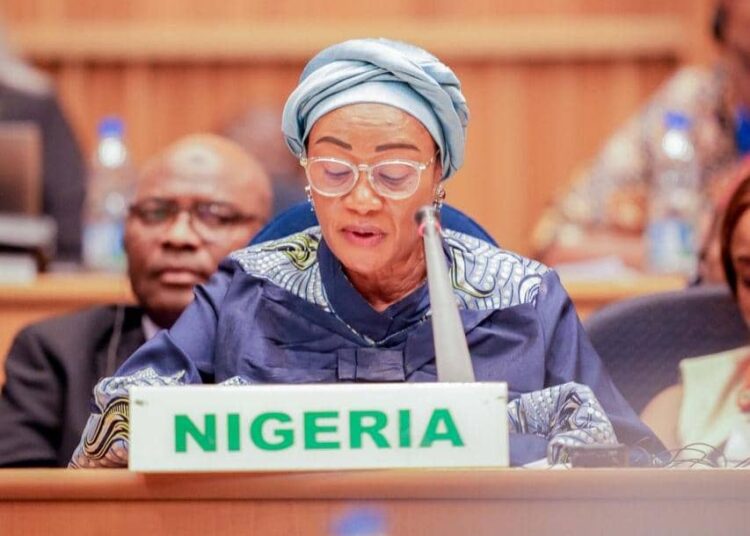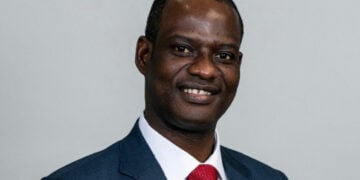The First Lady, Oluremi Tinubu, has joined other African First Ladies to affirm that closing the gender gap is not an act of charity but of justice.
In a statement by her media aide, Busola Kukoyi, she explained that without education, girls lack skills to support themselves and access information to make informed choices about their health and future with school dropouts further fueling the cycle of poverty and gender inequality.
The theme for this 28th OAFLAD General Assembly, “Educate Her and Transform Africa: Enhancing Access to Health and Education for the 21st Century African Women and Girls” was apt and addresses the very essence of the joint mission for a thriving and progressive continent.
Across the world, education and health form an inseparable foundation for societal progress. By shaping knowledge, attitudes, and behaviours, education empowers individuals and communities, which in turn has direct influence on health outcomes.
Senator Tinubu noted that it was really disturbing that embedded social norms like early marriage and childbearing restrict girls’ life choices.
“Across Nigeria, other obstacles like sexual violence, family health crisis and poverty also force girls out of classrooms,” she stated.
She informed the gathering that the Federal Government through the Ministry of Education was set to establish nationwide, the Alternative High School for Girls, an initiative she envisioned while she was the First Lady of Lagos State.
“Identifying this gap, in 2007, while serving as the First Lady of Lagos State, and realising that education is a lifelong process, I envisioned the “Alternative High School for Girls” in collaboration with the State’s Ministry of Education.
The concept of alternative education for girls was birthed out of my desire to ensure that young girls who dropped out of school for reasons such as early pregnancies, economic hardship or marginalisation due to cultural bias or social barriers, had a second opportunity to go back to school to complete and advance their educational goals, acquire skills and empowered”.
The gathering of African First Ladies, Development Partners, Donor Agencies and others were informed by Nigerias First Lady of Governments efforts at the reducing the prevalence of Cervical Cancer, as statistics show that a woman dies every 90 seconds from the disease.
“As part of efforts to promote the general wellbeing of our womenfolk, my office is working with the Federal Ministry of Health and Social Welfare who has introduced the Human Papilloma Vaccine (HPV) into the National Routine Vaccination Programme to stem cases of cervical cancer amongst others”.
Also speaking, the First Lady of Ethiopia noted that the standard of living for majority of Africans is one of the reasons for school dropouts and by entrenching school feeding programs in the education systems of various countries will help stem the tide.
In her remarks, the Vice President of OAFLAD and First Lady of the Democratic Republic of Congo explained the organization is addressing issues pertaining to women in the continent through health, education, economic empowerment, and eradication of gender based violence.
Other First Ladies spoke about their individual nations experiences and interventions as regards the theme of the 28th General Assembly.











